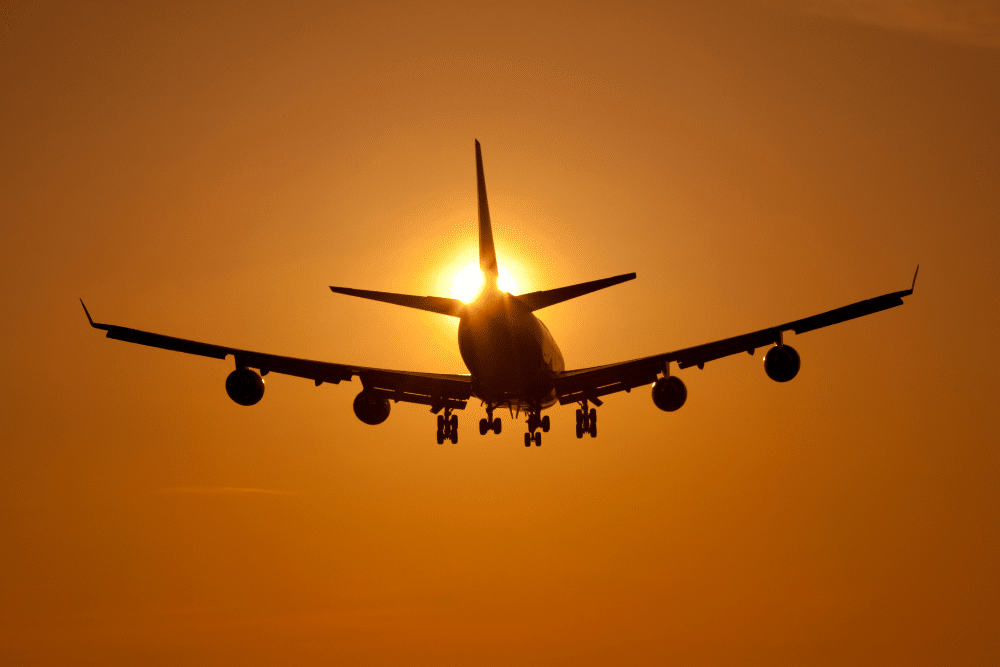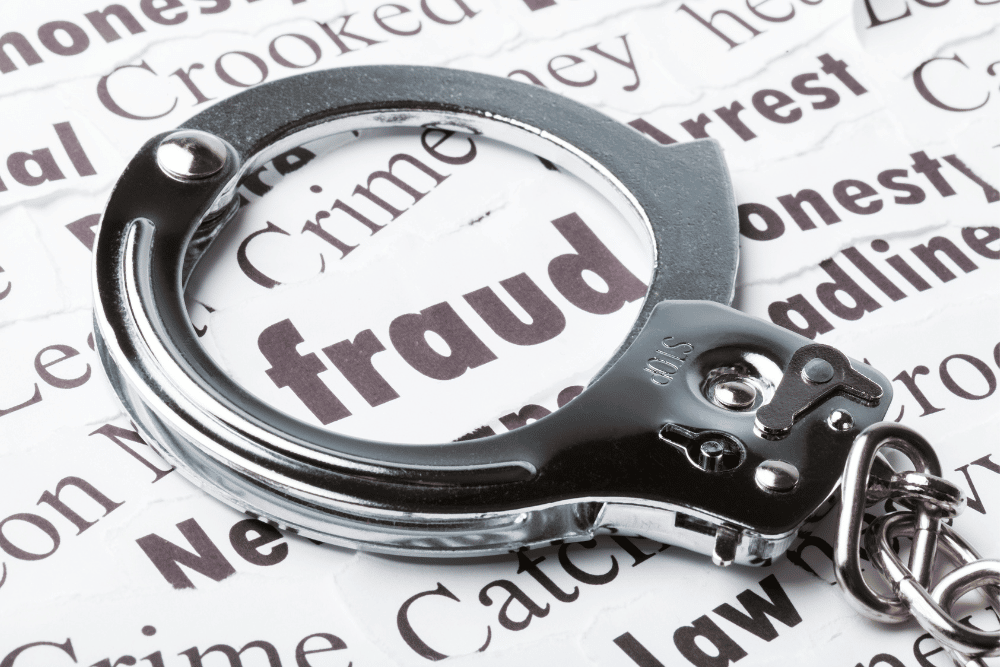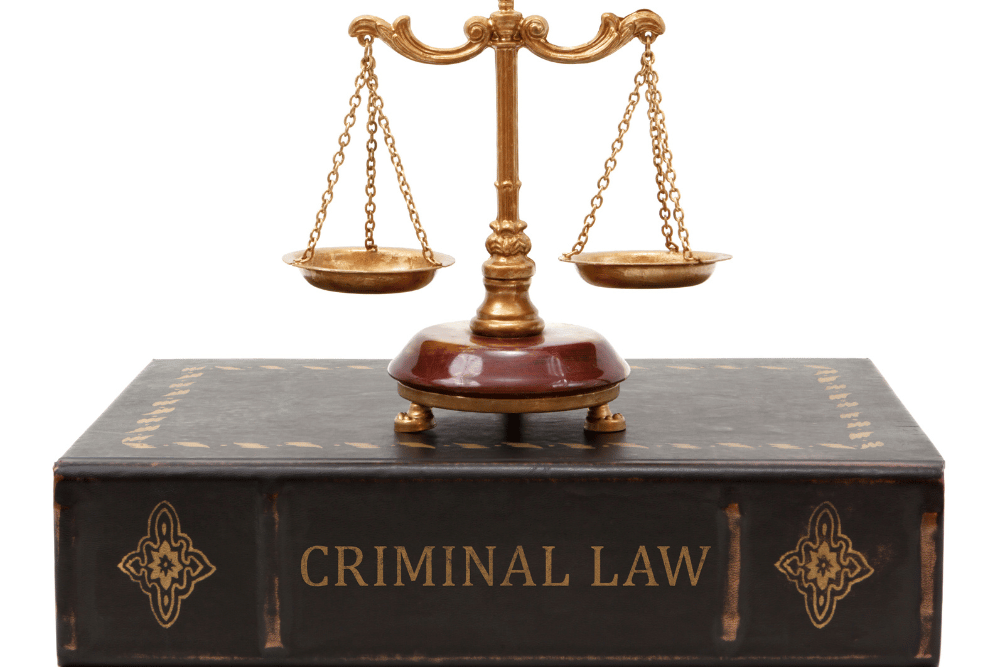 Boeing, one of the world’s largest aerospace companies, recently faced a federal fraud charge from the U.S. Department of Justice (DOJ).
Boeing, one of the world’s largest aerospace companies, recently faced a federal fraud charge from the U.S. Department of Justice (DOJ).
The charges stem from the air carrier’s role in two deadly 737 MAX crashes in late 2018 and early 2019 that killed 346 people.
In addition to the fraud charges, Boeing is also facing multiple lawsuits for their role in the crash as well as for lying to federal regulators about the safety of the aircraft.
The charge against Boeing is reportedly connected to an internal investigation that began in April 2019, after Boeing revealed it was aware of a fault in its 737 MAX flight system.
The Justice Department then alleged that Boeing had misled and lied to the Federal Aviation Administration (FAA) about how this defect affected the safety of the aircraft.
What Does a Charge of Defrauding the Federal Government Entail?
The actual charge against Boeing is Conspiracy to Defraud the United States. This type of crime occurs:
“[i]f two or more persons conspire either to commit any offense against the United States, or to defraud the United States, or any agency thereof in any manner or for any purpose.”
The reason this applies to Boeing is because of the aforementioned lying and misleading. As far as the Justice Department is concerned, this amounts to a case of fraud.
The specific federal fraud charge that Boeing is facing carries a minimum sentence of five years in prison or a $250,000 fine for each count. This can be increased to up to 20 years in prison or $1 million per count if an individual is found guilty of intentionally falsifying material facts.
Where Boeing is concerned, no one is really talking about prison time – the fines are what matter, and they’re serious. How serious? Under U.S law, the sentencing for Boeing could be up to $10 billion.
Will Boeing Actually Have to Suffer the Consequences of This Charge?
As we alluded to in the title, it is unclear if the charge against Boeing will move forward. This is because the company has struck an agreement with the Justice Department to avoid trial.
Under that deal, Boeing has said they’ll pay a fine of around $2.5 billion and agree to tighter FAA oversight. This oversight would encompass both the aircraft design and certification process. Boeing would also have to accept an independent monitor and cooperate with other investigations into the MAX crashes.
As you might imagine, there has been some criticism of this deal. Some see it as Boeing paying to get out of trouble or the government showing favoritism because it is a huge company.
However, many experts believe it could ultimately prove to be a win-win situation. For Boeing, it would avoid the risk of a lengthy and costly trial that might further damage its reputation and ability to function as a business. For consumer safety, the increased FAA oversight could provide much-needed regulatory guidance for the aerospace industry as a whole.
Just Because Charges May Be Dismissed for Boeing Does Not Mean Your Charges Will Go Away
Though the federal fraud charge against Boeing is likely to be dismissed, it nonetheless serves as a reminder of how harsh penalties can be when companies are accused of flouting regulations for financial gain. This is not a situation that any business wants to be in, and it is vital that you fight back against charges with the strongest possible defense.
Often in highly publicized cases like this one where numerous people are hurt or killed, there is pressure on the prosecutors and judges to invoke severe consequences so the public sees that something is being done.
To protect your company’s reputation and future, you need to work with someone who not only understands this area of the law, but has a track record of succeeding in these types of cases.





